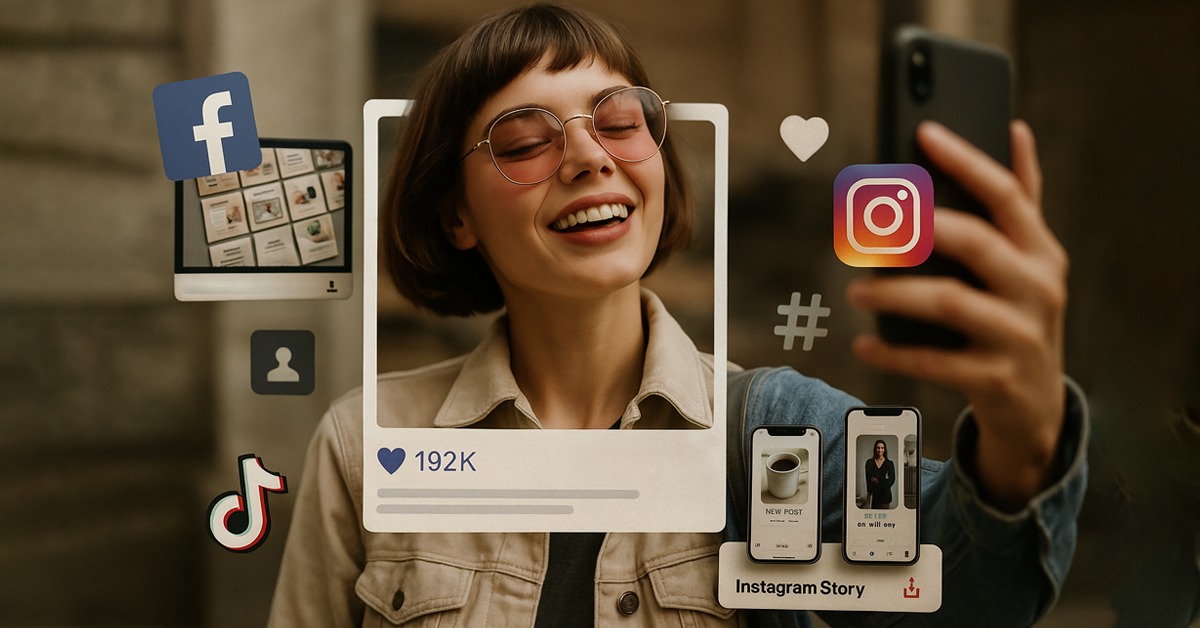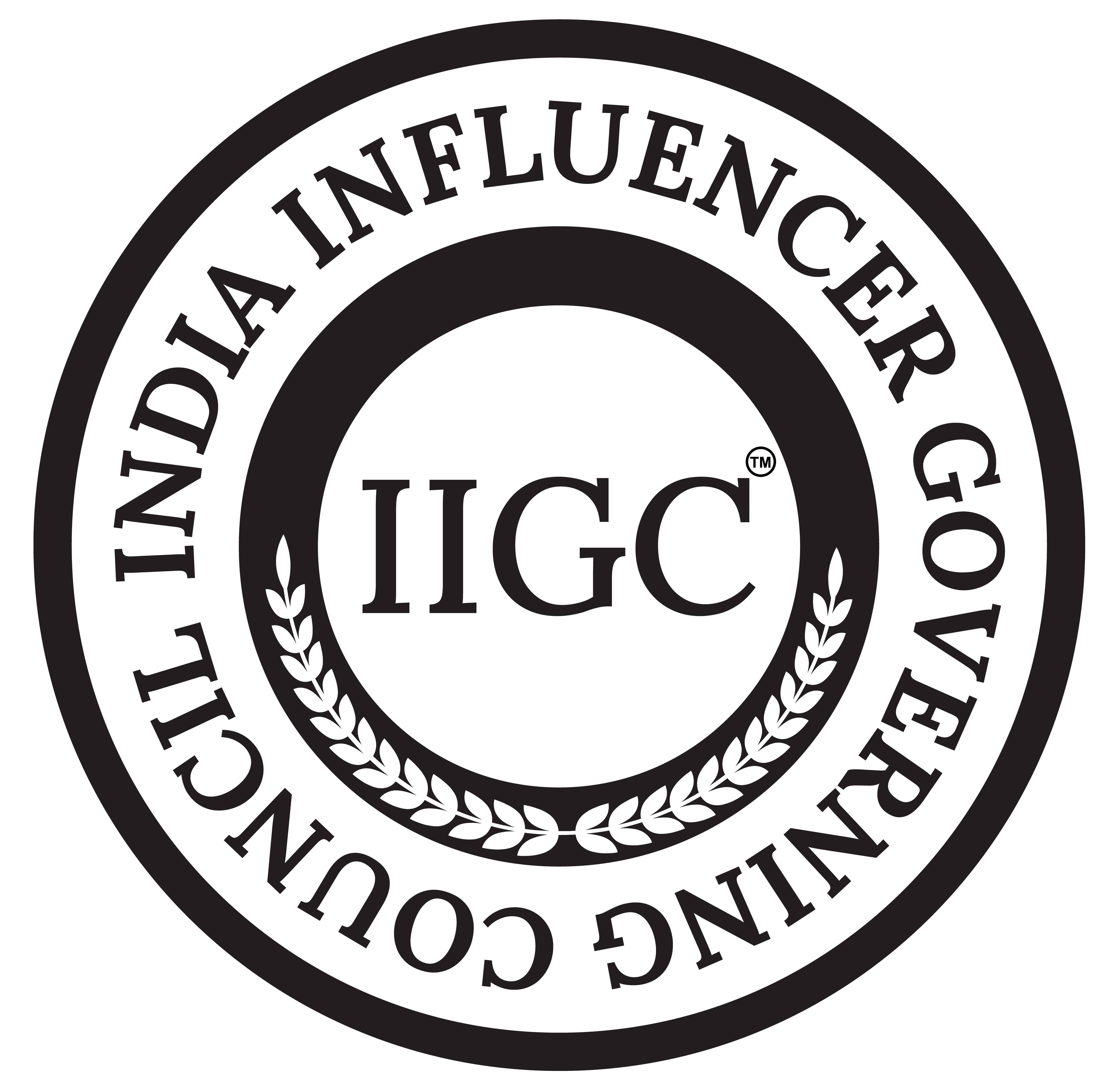
In the brand and influencer marketing ecosystem, storytelling and content is the undisputed King. Then what happens when the power of words is taken over by ChatGPT? Consider some advertisements like Saarru’s Slurrp, Haier, Tata Cliq luxury, Cadbury, Nerolac, Volkswagon India and many other brand campaigns that featured AI-driven storyline or models. It’s understandable that AI generated ads are cost effective but can it replace human connection, authenticity and creativity in churning out striking narratives? We spoke to industry experts for their thoughts and insights.
“It may definitely help with quickness and generating large scale of stories but as a marketer, AI lacks emotions. As marketers, we like human connection with things where emotion plays a pivotal role. That human connect will never get replaced with artificial intelligence. AI can help amplify and create more compelling narratives. It can even lower cost of marketing but trust and credibility will always be a challenge,” says Amrita Kumar, VP & Head of Marketing of Isprava.
Key findings of a NASSCOM report indicate that India’s AI market is expected to grow at a 25-35% CAGR by 2027. There is significant progress in AI adoption in past year, but the question is: Is AI an alternative to human creativity and will the enthusiasm for AI eventually saturate?
“AI is empowering brands but it is a phenomenon like any other. Today it’s AI, tomorrow there will be some other technology. Like at one time, Facebook was at its peak. Then the popularity faded. Humans evolve and hence the technology keeps evolving too. Only if there is some gravity and new phases and features to it, AI can survive,” states Surya Kant Jaiswal, DGM of Namaste India.
With deadlines to chase and multiple client briefs to manage; there may be increased dependency but marketers feel AI may not survive in the long run.
Neha Bareja, Head of Marketing, Acko Drive, says, “AI cannot take over the art of storytelling, because real storytelling is built on emotional intelligence, nuance, cultural context, and creativity — all shaped by lived experiences, folktales, and human observation. It has soul. It evokes emotion and is rooted in the storyteller’s life. Since AI hasn’t lived, it will always fall short of bringing that soul to stories. While it can follow structure and assist, it lacks the ability to feel or read human reactions in real time — and that’s where it stops short of truly compelling storytelling.”
AI works wonderfully when human collaboration is in sync. It can enhance human storytelling by analyzing vast amounts of data, generating insights, and creating personalized content. So somewhere, human intervention and personalization is essential to the survival of AI. A lot depends on the prompts you use while using these tools. A human POV helps generate deep and meaningful content.
While AI is becoming critical in healthcare and other sectors, recently the buzz around AI influencers is increasing as well. Luxury brands like Prada and Versace and others are actively using AI influencers in online campaigns as these creators can scan, register and deliver large volumes of data plus they appear perfect in every possible way. Perhaps it works well for brands who look for precision in content under restricted timelines, which may be difficult with human creators due to constant back and forth and paucity of time. India has its own AI creators in place – Naina and Kyra are mainly the first virtual AI avatars in India generating informative content around lifestyle, fitness, fashion, etc. The AI avatars have started getting paid collaborations and the virtual creators are keeping brands happy by producing quick substantial content for their target market.
Question arises: Can influencer marketing be impacted with AI-creators producing convincing UGC content?
Abhishek Razdan, CEO of Avtr Meta Labs and Founder of Naina - India’s first AI influencer says: “Not replace — but definitely reshape. Human creators will always have a space, but AI influencers are rapidly emerging as a scalable, always-on alternative for brands. They don’t face burnout, can speak any language, and can be customized for hyper-targeted campaigns. Think of it as evolution, not replacement. The future is hybrid — AI creators working alongside humans.”
AI seems to be settling into the narrative and becoming instrumental in shaping and evolving the brand and influencer marketing ecosystem. If AI is here to stay and evolve, the test of time will tell.
“AI creators follow briefs, avoid controversy, and offer scale — but they miss emotional depth. Human influencers bring their own style and instinct. AI can’t disrupt or create intuitively; it works from commands and data, not feelings. And that’s what makes it mechanical. Ironically, as AI creators rise, human connection will only become more valuable,” wraps up Neha.
For more, check out: https://iigc.org/

